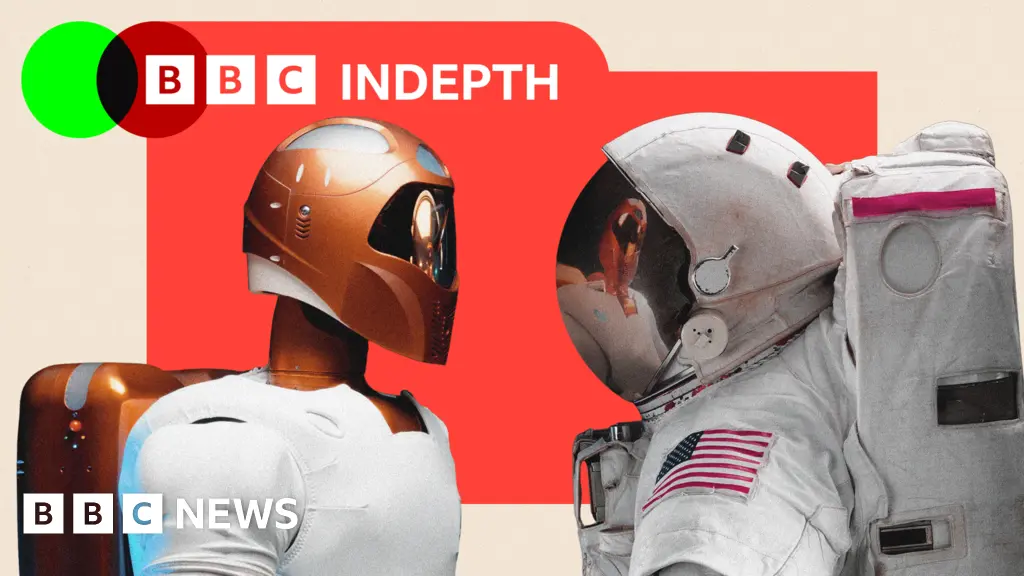
An autonomous spacecraft, NASA's Parker Solar Probe, made history by flying closer to the Sun than any human-made object. This mission aimed to gather data about the Sun and its impact on space weather, all without human intervention. The probe's successful operation raises questions about the future role of humans in space exploration.
The advancements in robotic technology and artificial intelligence suggest that human astronauts may become less necessary. Experts like Lord Martin Rees argue that the rapid development of robots makes the case for human space travel weaker. This shift could lead to a future where AI-driven missions dominate space exploration.
• NASA's Parker Solar Probe operated autonomously during its historic flyby of the Sun.
• Experts suggest AI advancements may reduce the need for human astronauts.
Autonomous spacecraft operate independently, executing missions without human control or communication.
Artificial intelligence refers to the simulation of human intelligence in machines, enhancing their decision-making capabilities.
Space weather encompasses environmental conditions in space that can affect satellites and astronauts, studied by missions like the Parker Solar Probe.
NASA is responsible for the Parker Solar Probe mission, showcasing advancements in autonomous space exploration.
openaccessgovernment 11month
Entrepreneur on MSN.com 15month
Isomorphic Labs, the AI drug discovery platform that was spun out of Google's DeepMind in 2021, has raised external capital for the first time. The $600
How to level up your teaching with AI. Discover how to use clones and GPTs in your classroom—personalized AI teaching is the future.
Trump's Third Term? AI already knows how this can be done. A study shows how OpenAI, Grok, DeepSeek & Google outline ways to dismantle U.S. democracy.
Sam Altman today revealed that OpenAI will release an open weight artificial intelligence model in the coming months. "We are excited to release a powerful new open-weight language model with reasoning in the coming months," Altman wrote on X.
